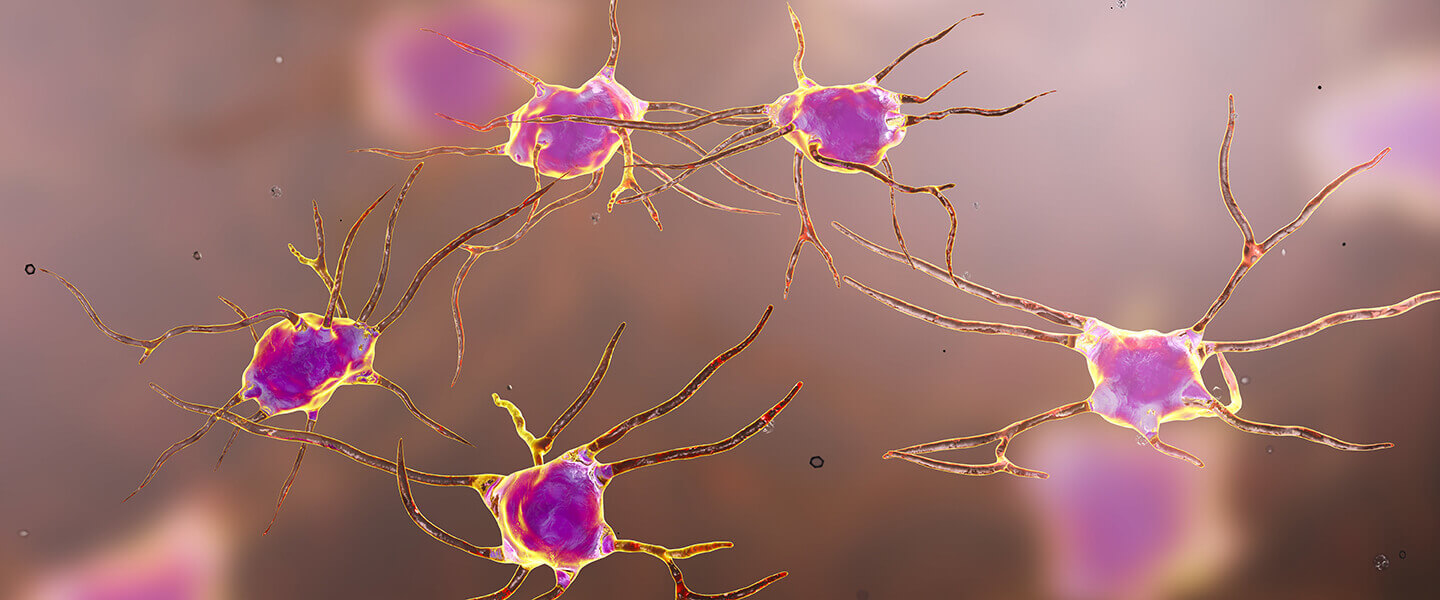Adult-Born Neurons Protect Against Chronic Stress
Adult-Born Neurons Protect Against Chronic Stress

The birth of new neurons in the adult brain is important for resilience to chronic stress, researchers have found. The new discovery, made in mice, suggests that adult-born cells in the hippocampus—a part of the brain that regulates mood—rein in the activity of stress-responsive cells. This, in turn, reduces stress-induced anxiety.
The finding suggests these newly born cells may be important for protecting against extremely prevalent stress-related disorders such as depression and anxiety.
The study, published July 5th in the journal Nature, was led by René Hen, Ph.D., a 2009 and 2003 Distinguished Investigator, 1998 Independent Investigator, and Scientific Council Member who is a professor at Columbia University. He and his team were interested in understanding the function of adult-born cells in the hippocampus—one of the areas of the brain where new neurons are created in adulthood.
Dr. Hen’s team found that when these adult-born cells are impaired, mice are more susceptible to chronic stress. Exposure to larger, more aggressive mice is a stressful situation for mice. Normally, mice only exhibit signs of anxiety if this situation continues for a prolonged period. But the team found that after only a few days of this kind of social stress, mice without adult-born neurons in the hippocampus became unusually timid, avoiding open spaces and social interactions with other mice.
In contrast, mice that the team genetically engineered to produce more new neurons than usual were resilient to the same situation. These animals showed few signs of anxiety even after 10 days of encountering the aggressive mice, which for normal animals is enough to provoke significant behavior changes.
The adult-born neurons, the team found, inhibit the activity of other cells in the hippocampus that are triggered by stress. In fact, the experimenters found that by inhibiting those stress-induced cells directly, they could make mice more resilient to chronic stress. The findings suggest that manipulating neuronal activity in this part of the hippocampus might be a way to protect against stress-related psychiatric disorders, the researchers say.
Related Webinar: Resilience: The Science of Mastering Life's Greatest Challenges



